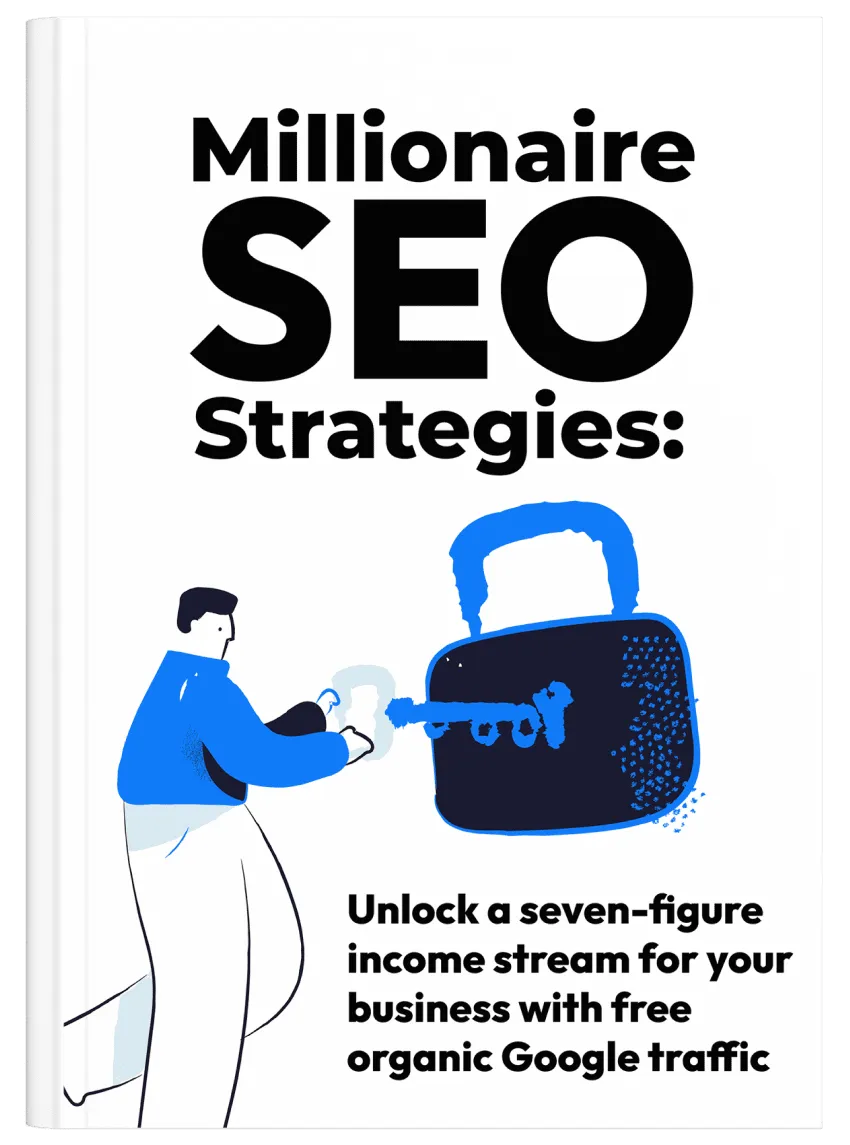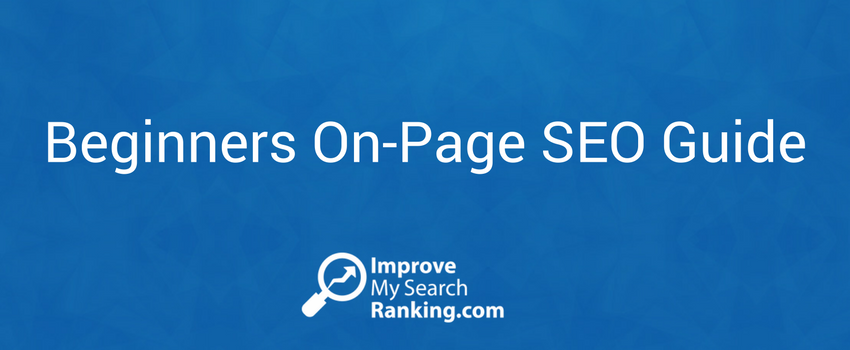
5 big SEO predictions from Google’s Search Relations team
SEO is extremely dynamic. It is always evolving and changing.
SEO professionals need to stay up-to-date with all the news and recent algorithm updates to make sure they are making the right moves.
In addition, they also need to be able to see what’s coming in the future. This allows them to prepare for what’s coming ahead — both in terms of implementing the best SEO practices on websites and in terms of personal SEO career trajectory and development.
The veterans in Google’s Search Relations team — John Mueller, Gary Illyes, and Martin Splitt — recently came together in the latest episode of the Search Off the Record podcast and predicted the future of SEO and the industry for SEO professionals.
Following are five of the big SEO predictions they made on the podcast.
1. HTML will continue to play a big role in SEO
At the start of the discussion, John Mueller suggested that SEOs won’t need to learn HTML in the future. His reasoning was that modern content management systems (CMS’s) are becoming more advanced and now accommodate a lot of the technical HTML stuff.
“Well, I mean, it’s like if you just have a rich editor and you just type things in, and then you format your text properly, and you add some links. What do you need to do with HTML?”
However, Gary Illyes disagreed. According to Gary, SEO isn’t just content, and HTML is needed for a lot of the other stuff — links, meta tags, structured data elements, etc.
“SEO is also about link tags and meta tags and title elements and all those weird things in the head section of the HTML that you can put there.
So you kind of want to know about them to control how your snippets look like or how your titles show up in search results and the rel canonical tag to control what will be the– or what should be the canonical version of a URL. You kind of want to know that,” said Gary Illyes.
In the end, all three agreed that SEOs would continue to need to understand HTML and how to use it.
2. IP addresses won’t’ replace URLs
There is a debate that IP addresses may replace URLs in the future. But Gary Illyes doesn’t see it happening.
“Fortunately, URLs cannot go away… At least not in the foreseeable future, because the URLs they are the
standard way to communicate addresses on the Internet. And without that the Internet is just not the Internet.
The same way domain names cannot go away because of how the Internet is built or IP addresses cannot go away because of how the Internet is built. The same way URLs cannot go away.”
3. The need for structured data is diminishing fast
Martin Splitt mentioned that Google still uses structured data to understand a page, and it is recommended, but Google is becoming so advanced that it might bypass the need for structured data in the future.
The following response by Martin Splitt was in response to the question: in the future, will Google not need structured data to understand a page?
“I’m pretty sure we can understand: Oh, this is a product, and the product’s name is this and the product’s price is that and this is a product image.”
However, Martin says, despite this, it’s good to have explicit machine-readable information.
4. Voice search may not be the future of SEO
The rise of voice-enabled mobile assistants and smart homes has led to the idea that voice search may become the future of SEO and the primary way searches happen.
When asked about the future of voice search, Martin Splitt says:
“Oh God, the future that never will be. I think no.”
He also added:
“I think in the future, it won’t change and will naturally or magically become the number one thing that we need to worry about, simply because it changes the input modality, and it changes probably how queries are phrased, but it doesn’t change the fundamental use of natural language to retrieve information from the Internet.”
Martin said that you don’t have to worry too much about it.
5. Machine-generated content isn’t the replacement yet
Can machine-generated content replace content created by humans? Will websites and SEO professionals need human content writers in the future?
Gary Illyes says that he sees the potential in machine-generated content, but it’s not going to have any big impact on its own in the near future, at least.
“Right now, our stance on machine-generated content is that if it’s without human supervision, then we don’t want it in search. If someone reviews it before putting it up for the public, then it’s fine.”
Conclusion
So there you have it.
The five big SEO-related predictions by Google’s Search Relations team.
Where do you think SEO is heading in the future? Let us know what you think.








